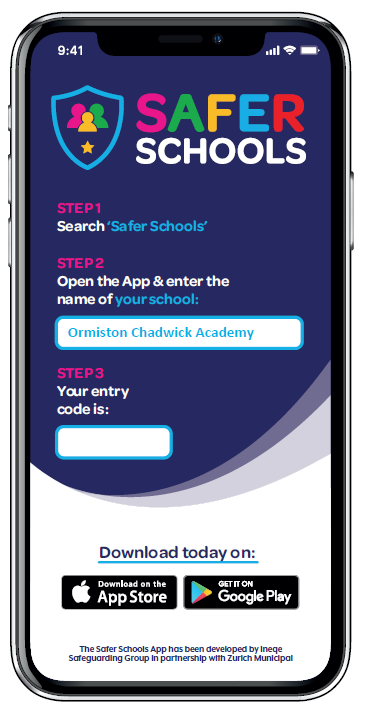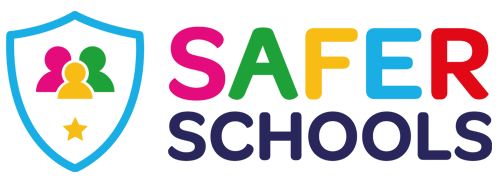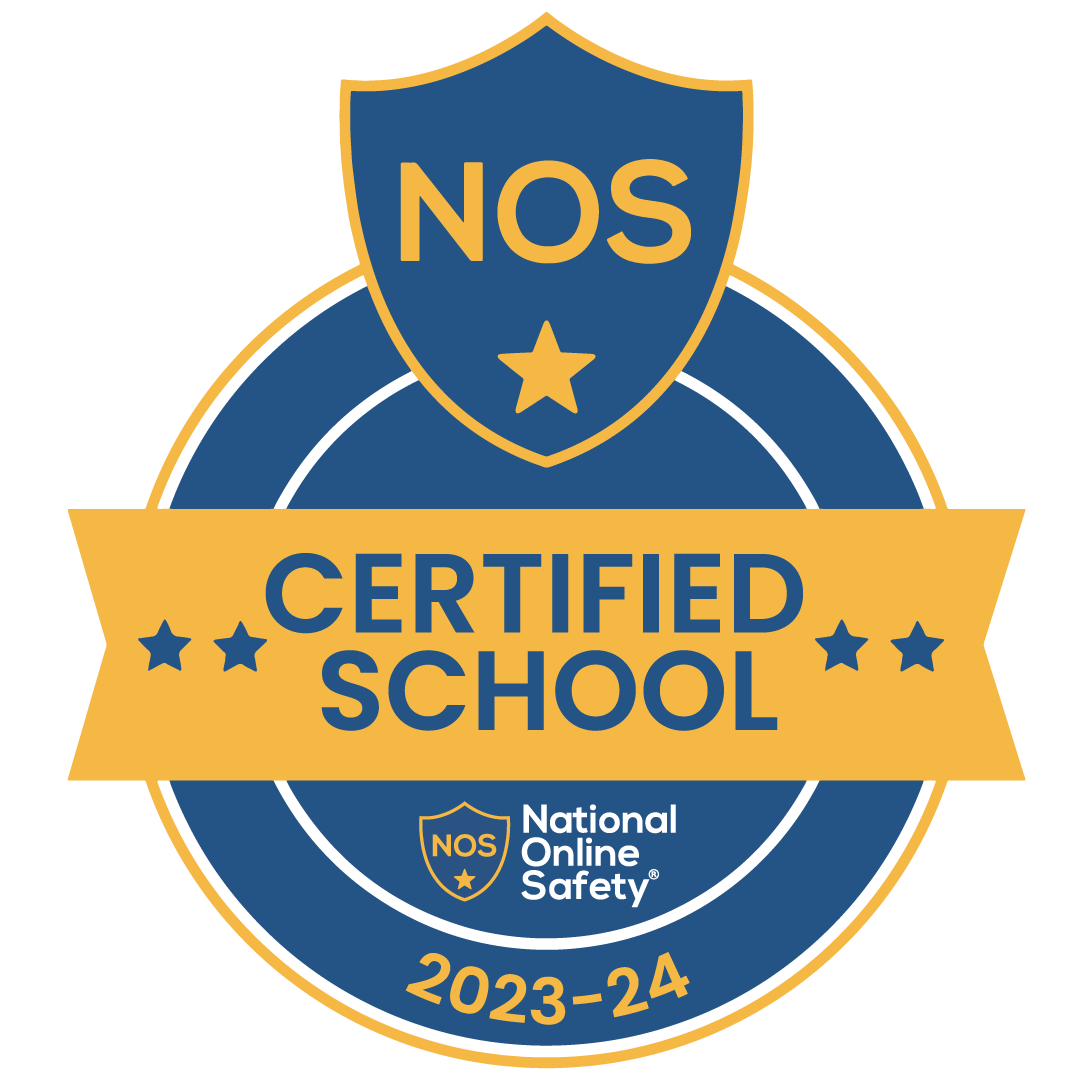Digital Safeguarding
Ormiston Chadwick Academy is committed to promoting the safe and responsible use of the Internet
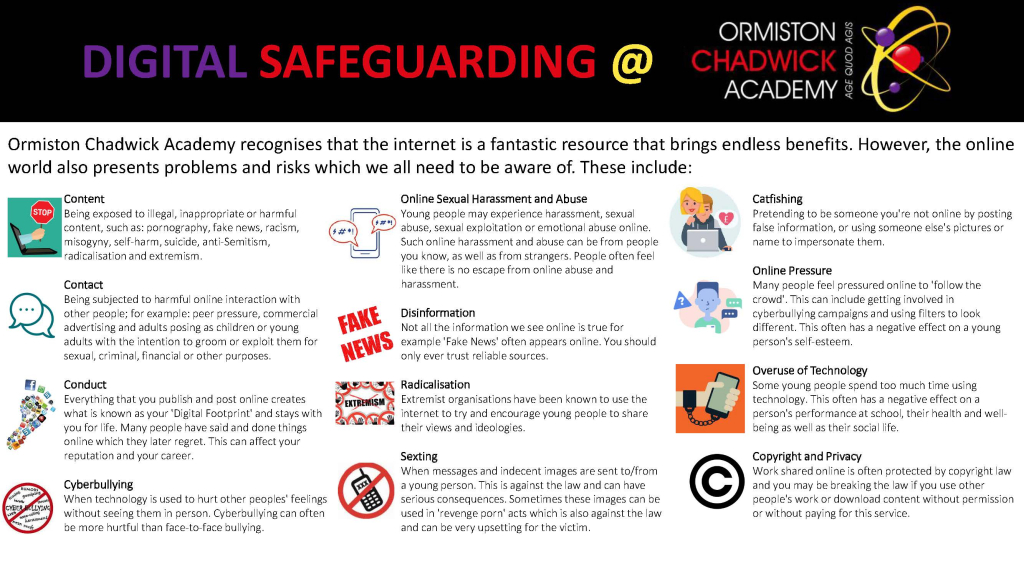
Being online is an integral part of children and young people’s lives. Social media, online games, websites and apps can be accessed through mobile phones, computers, laptops and tablets – all of which form a part of children and young people’s online world.
The internet and online technology provide new opportunities for young people’s learning and growth, but it can also expose them to new types of risks.
Digital Safeguarding is an integral part of children’s education in today’s digital world and is embedded in their learning at school.
We also want to help our parents / carers and children improve their own understanding of Digital Safeguarding issues so they can learn to use the internet and all digital media in a safe and secure way.
The Digital Safeguarding Co-ordinator at Ormiston Chadwick Academy is Miss H Lyne who can be contacted directly at [email protected]. Some of the key online safety issues are summarised in our digital safeguarding poster, available to download here.
Safer Schools
Ormiston Chadwick Academy has partnered with Safer Schools.
All students receive advice and guidance appropriate to their age as part of the Computing and Personal Development curriculum.
As a student or the parent/carer of a student of Ormiston Chadwick Academy, you can download and use the Safer Schools app totally free of charge. This app is packed full of the latest information about the online world to keep you safe.
Please contact [email protected] for login details.
Cheshire Police
It is important that children and young people know how to learn, socialise and play online in a safe way.
Please see below for links to advice and guidance from Cheshire Police.
- Cheshire Police: The Five Cs
- O2 and NSPCC: Online Safety Booklet
- NSPCC: Keep Children Safe on Social Media
Social media
Age restrictions for social media platforms:
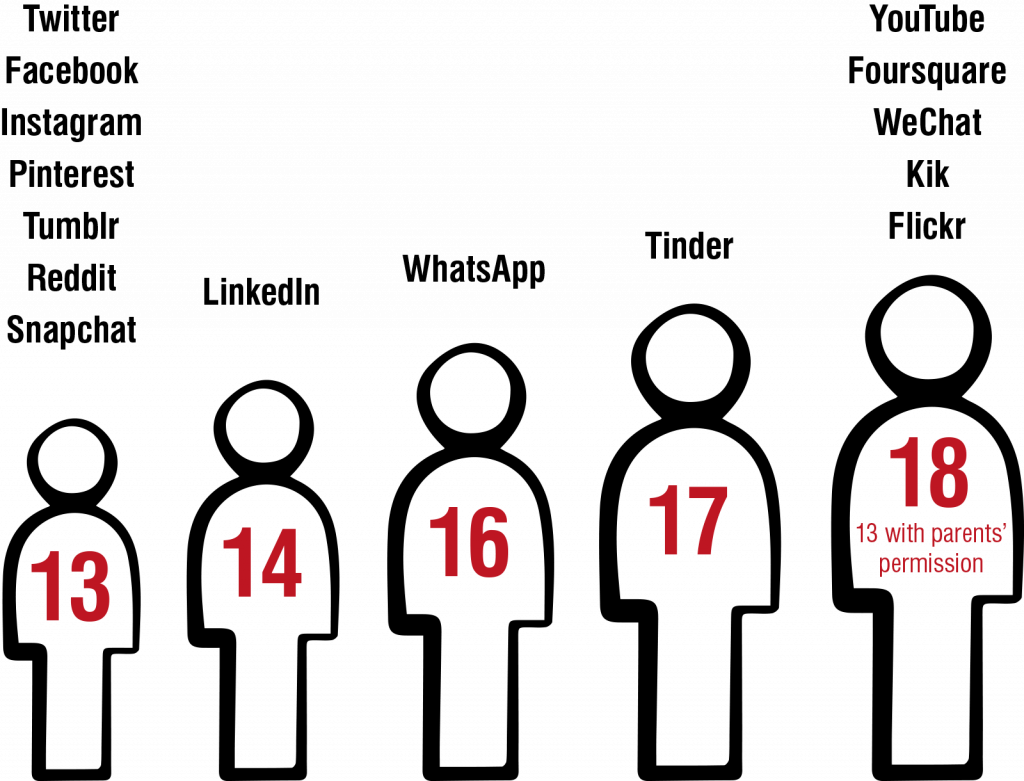
It’s important to remember that the legal age to have an account on most social media, such as Instagram, Facebook, YouTube and Snapchat, is 13 years old.
Cyberbullying
We also have some top tips on how to prevent cyberbullying online and what to do if you receive any negative or hurtful comments.
Here are some tips to keep you safe and protect your reputation:
- Don’t post any personal information online – like your address, email address or mobile number.
- Keep your privacy settings as strong as possible – below are some privacy guides for social media platforms.
- Think carefully before posting. Everything we do online becomes our ‘digital footprint’. This can affect your reputation. Once online anyone can take a screen shot.
- Ensure your passwords are strong and not shared with others.
- Don’t befriend people online – remember that not everyone online is who they say they are. Never meet up with someone you’ve met online.
- Don’t bow to peer pressure online or in group chats.
- Respect other people’s privacy and don’t post images or information without consent.
- Remember that not everything we see online is reliable or true.
- Don’t spend too much time online. Take regular ‘digital detoxes’ from technology and spend time studying or with friends/family.
- If you see something online that makes you feel uncomfortable, unsafe or worried: leave the website/app, block people if necessary and tell a trusted adult immediately.
Guides to using social media platforms safely from South West Grid for Learning can be found here: https://swgfl.org.uk/resources/checklists/

Each week the national online safety release a new help guide for parents:
